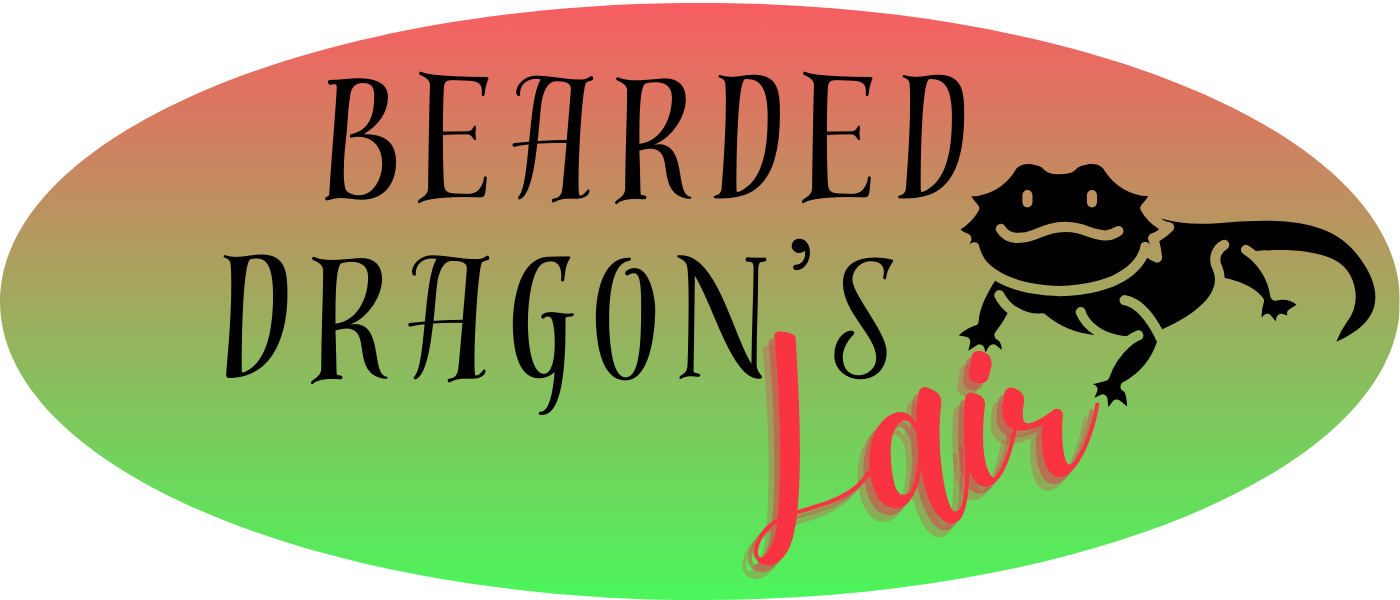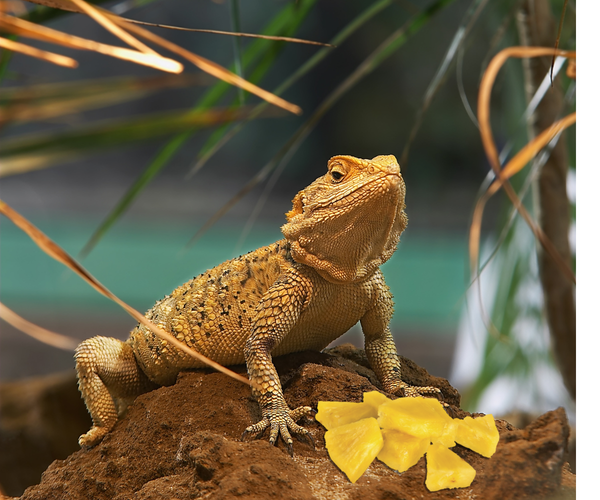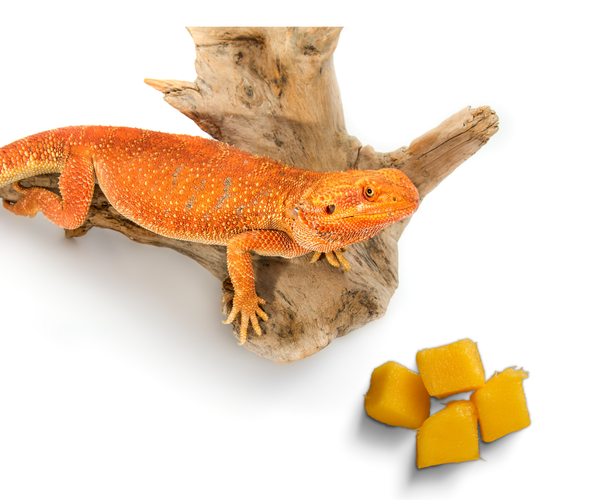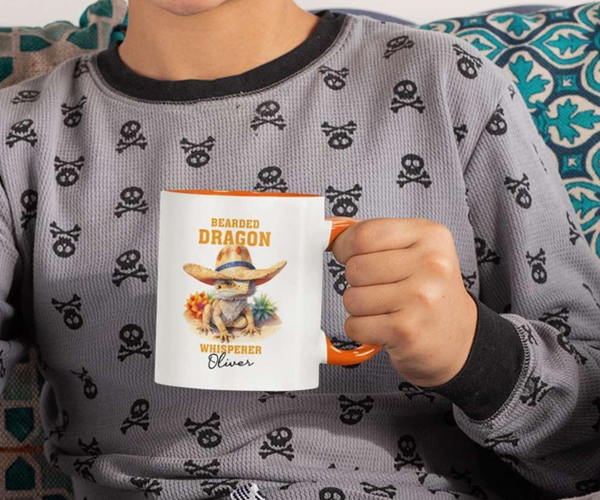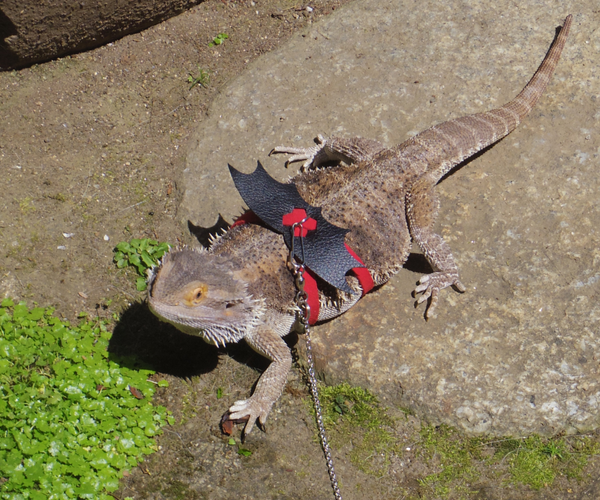Can Bearded Dragons Eat Earthworms?
Earthworms can be a protein source for bearded dragons in moderation, from a chemical-free environment.
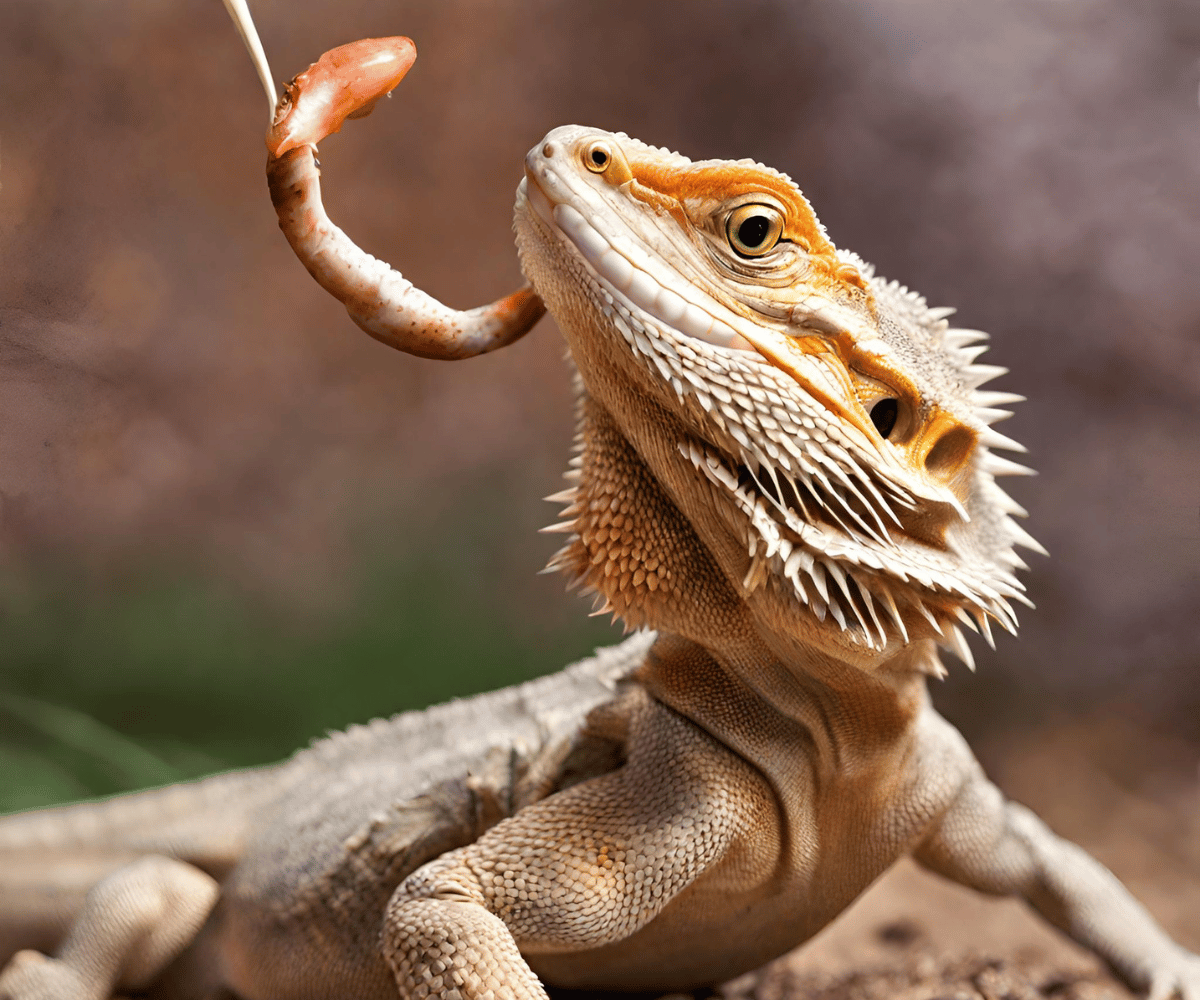
As omnivores, Beardies require a balanced diet of both plant-based and protein-rich foods. But when it comes to live feed, can bearded dragons safely consume earthworms? This article delves into the nutritional benefits and potential risks of feeding earthworms to your bearded dragon.
Key Takeaways:
- Earthworms can be a protein source for bearded dragons but should be offered in moderation.
- It's essential to source earthworms from safe, chemical-free environments to avoid health risks.
- A varied diet is crucial for the overall health and well-being of bearded dragons.
Understanding Bearded Dragon Diets
When considering live feed options like earthworms, it's important to understand the nutritional value they offer. Earthworms are high in protein, which is essential for bearded dragons, especially during their growth phase. However, they also contain fat, which can lead to obesity if fed in excess.
The Nutritional Profile of Earthworms
Earthworms are more than just wriggling soil-dwellers; they are packed with nutrients that can benefit your bearded dragon. They are a good source of protein, essential for muscle development and overall growth. Additionally, earthworms provide minerals such as iron and zinc, which are crucial for a healthy immune system.
Despite their benefits, earthworms should not be the sole protein source for your bearded dragon. They lack certain amino acids and vitamins that bearded dragons require, which means they should only be a part of a more varied diet that includes other insects like crickets and mealworms.
Sourcing Earthworms for Your Bearded Dragon
Not all earthworms are created equal, especially when it comes to your bearded dragon's health. It's vital to source earthworms from a safe environment, free from pesticides and other chemicals. These substances can be lethal to your pet if ingested.
The best option is to purchase earthworms from a reputable pet store or a supplier that specializes in feed for reptiles. These earthworms are typically raised in controlled environments and are safe for your bearded dragon to eat. Never feed your bearded dragon earthworms from your garden, as they may have been exposed to harmful chemicals.
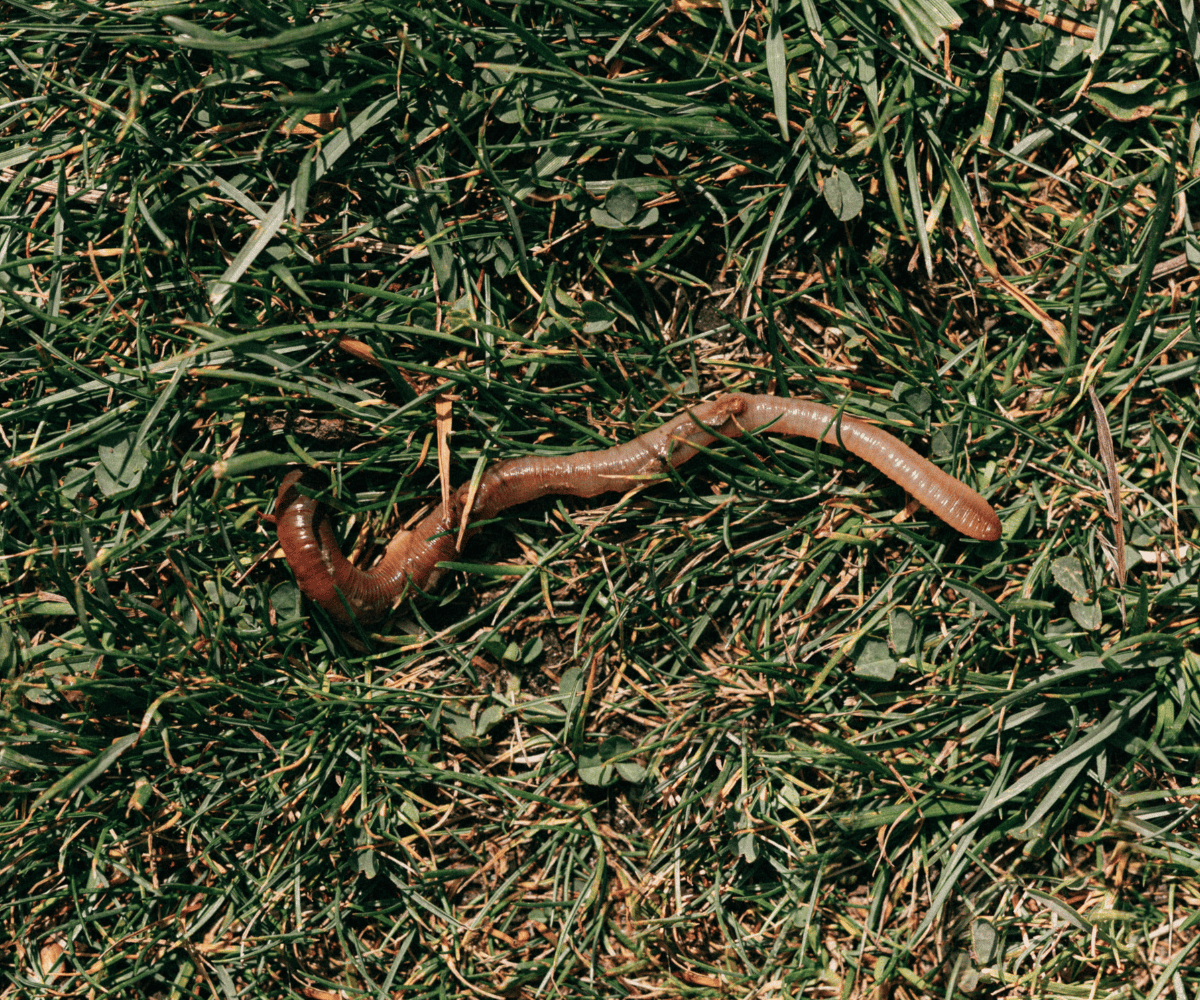
How to Feed Earthworms to Your Bearded Dragon
Feeding earthworms to your bearded dragon requires some preparation. First, ensure the earthworms are the appropriate size for your pet. Smaller bearded dragons may have difficulty with larger worms, which can pose a choking hazard.
It's also a good idea to gut-load the earthworms before offering them to your bearded dragon. Gut-loading is the process of feeding the worms nutritious foods, which in turn will benefit your pet. This can be done by providing the earthworms with healthy vegetables a day or two before they are to be fed to your bearded dragon.
Frequency and Quantity of Earthworm Feedings
Moderation is key when incorporating earthworms into your bearded dragon's diet. Due to their fat content, earthworms should be fed sparingly to prevent health issues such as obesity. A good rule of thumb is to offer earthworms as a treat rather than a staple food.
For adult bearded dragons, feeding a couple of earthworms once a week is sufficient. Juveniles, who require more protein for growth, can be fed earthworms more frequently, but always in moderation and as part of a balanced diet.
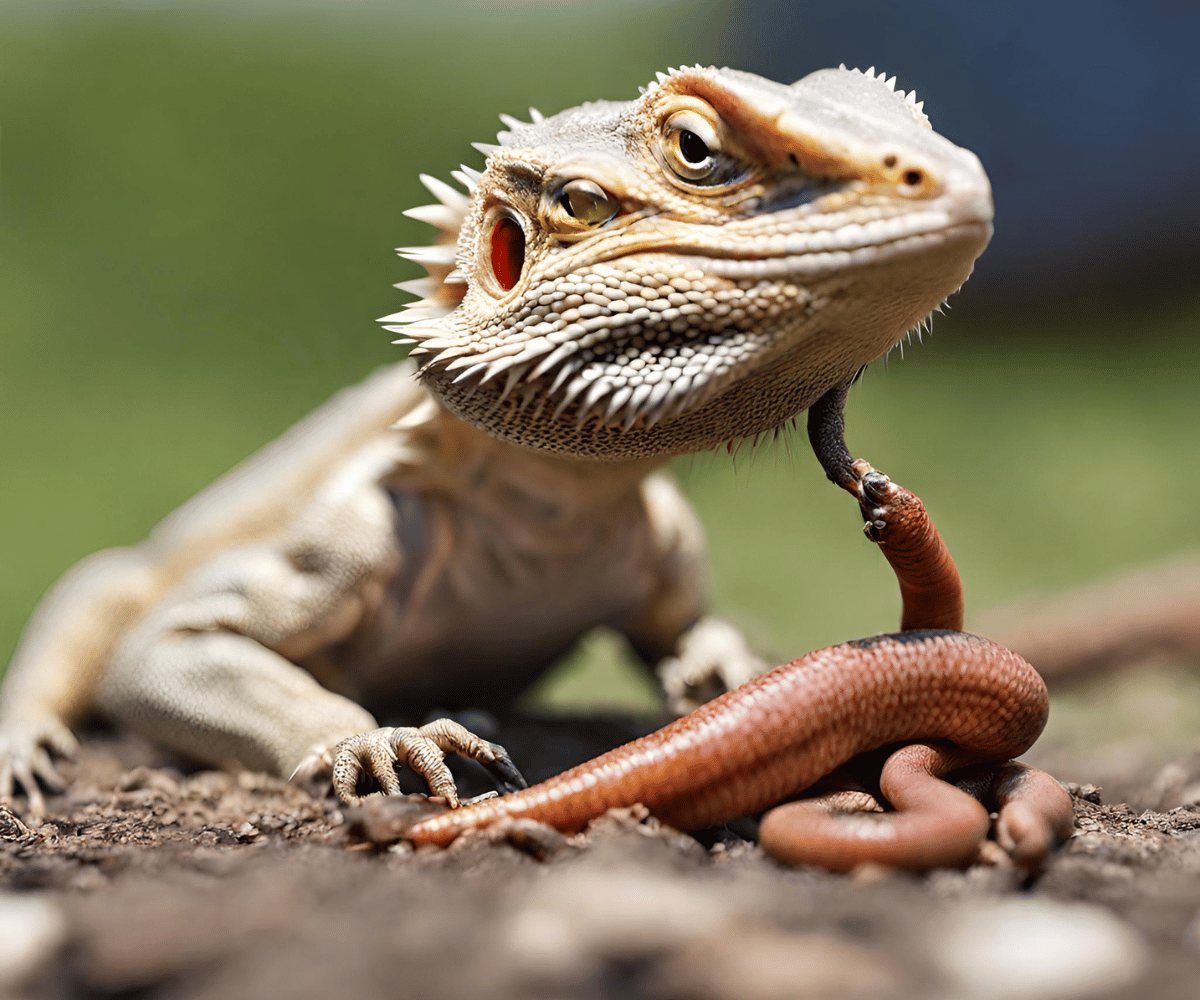
Potential Risks of Feeding Earthworms
While earthworms can be a nutritious snack for your bearded dragon, there are potential risks involved. One major concern is the possibility of parasite transmission. Earthworms can carry parasites that may infect your pet if they are not sourced from a clean environment.
Another risk is the potential for impaction, which occurs when indigestible material blocks the digestive tract. To minimize this risk, only feed earthworms that are an appropriate size for your bearded dragon and ensure they are chewed properly before swallowing.
Alternatives to Earthworms
If you're hesitant about feeding earthworms to your bearded dragon or simply want to provide a variety of protein sources, there are plenty of alternatives. Crickets, mealworms, and dubia roaches are all excellent options that can be easily found at pet stores.
These alternatives also need to be gut-loaded and dusted with a calcium supplement to ensure your bearded dragon is getting a balanced diet. Variety is not just the spice of life; it's also key to a healthy bearded dragon.
The Importance of a Varied Diet
A varied diet is crucial for the health and well-being of your bearded dragon. In addition to live feed, bearded dragons need a good mix of vegetables and occasional fruits. Leafy greens like collard, mustard, and dandelion greens should be staples in their diet.
By providing a range of foods, you're not only meeting your bearded dragon's nutritional needs but also encouraging natural foraging behaviors. This variety can also prevent picky eating habits and ensure your pet is excited about mealtime.
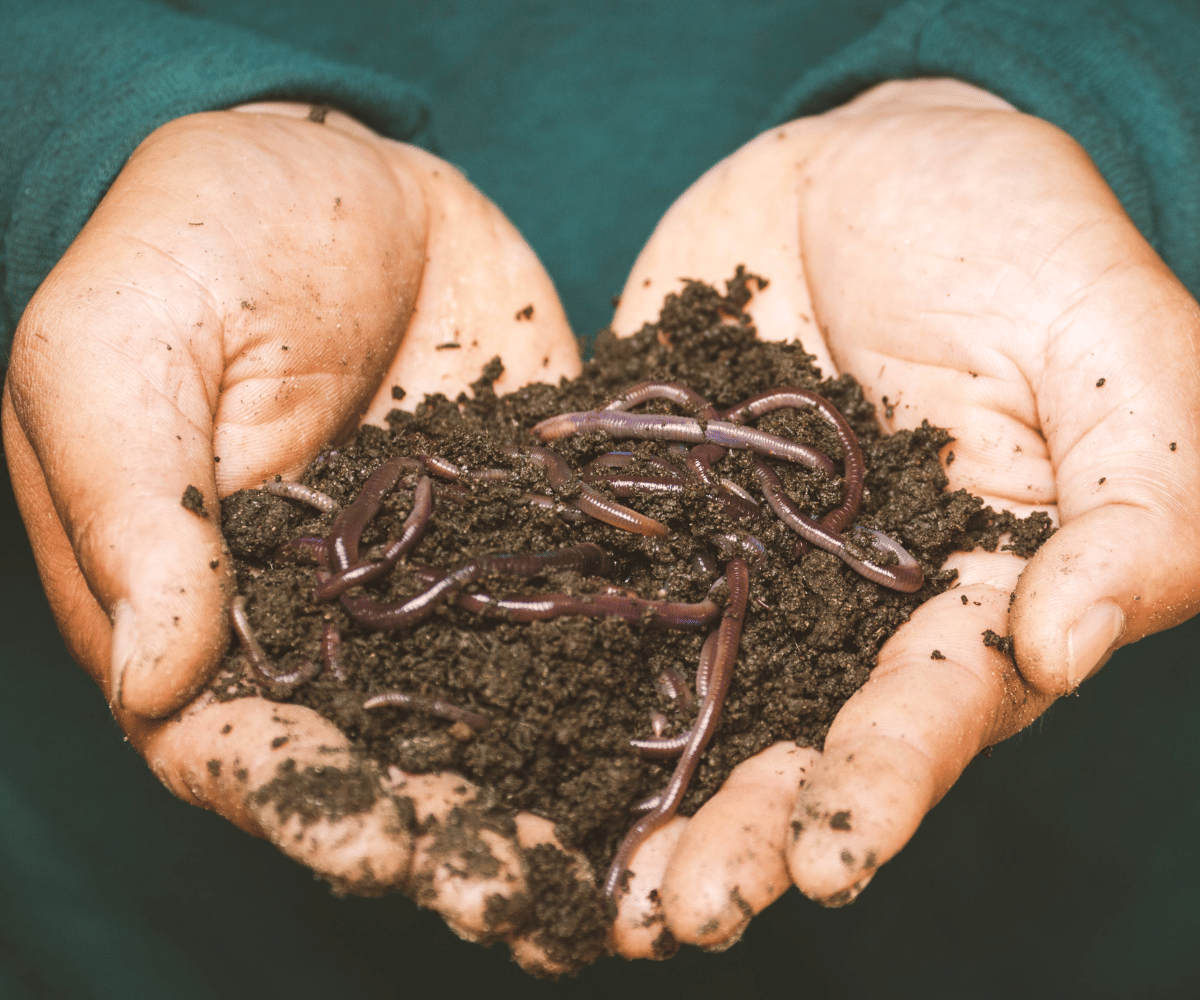
Monitoring Your Bearded Dragon's Health
As with any dietary change, it's important to monitor your bearded dragon's health when introducing earthworms. Keep an eye on their weight, appetite, and stool to ensure they are digesting the worms properly.
If you notice any adverse reactions, such as lethargy or a lack of appetite, consult with a veterinarian who specializes in reptiles. They can provide guidance and ensure your bearded dragon is on the right track to a healthy diet.
Summary
Earthworms can be a beneficial addition to a bearded dragon's diet when offered in moderation and sourced from a safe environment. They should be considered a treat rather than a staple and always part of a varied diet that includes other insects, vegetables, and occasional fruits. By understanding the nutritional benefits and potential risks, you can make informed decisions about feeding earthworms to your bearded dragon.
FAQ Section
Q: Can bearded dragons eat earthworms every day? A: No, it's not recommended to feed earthworms to bearded dragons every day due to their high-fat content. They should be given as an occasional treat to prevent health issues like obesity.
Q: Are there any risks associated with feeding earthworms to bearded dragons? A: Yes, there are risks such as parasite transmission and impaction. It's crucial to source earthworms from reputable suppliers and ensure they are the appropriate size for your bearded dragon.
Q: What are some alternative protein sources for bearded dragons? A: Alternatives include crickets, mealworms, and dubia roaches. These should also be gut-loaded and dusted with calcium to provide a balanced diet for your bearded dragon.
